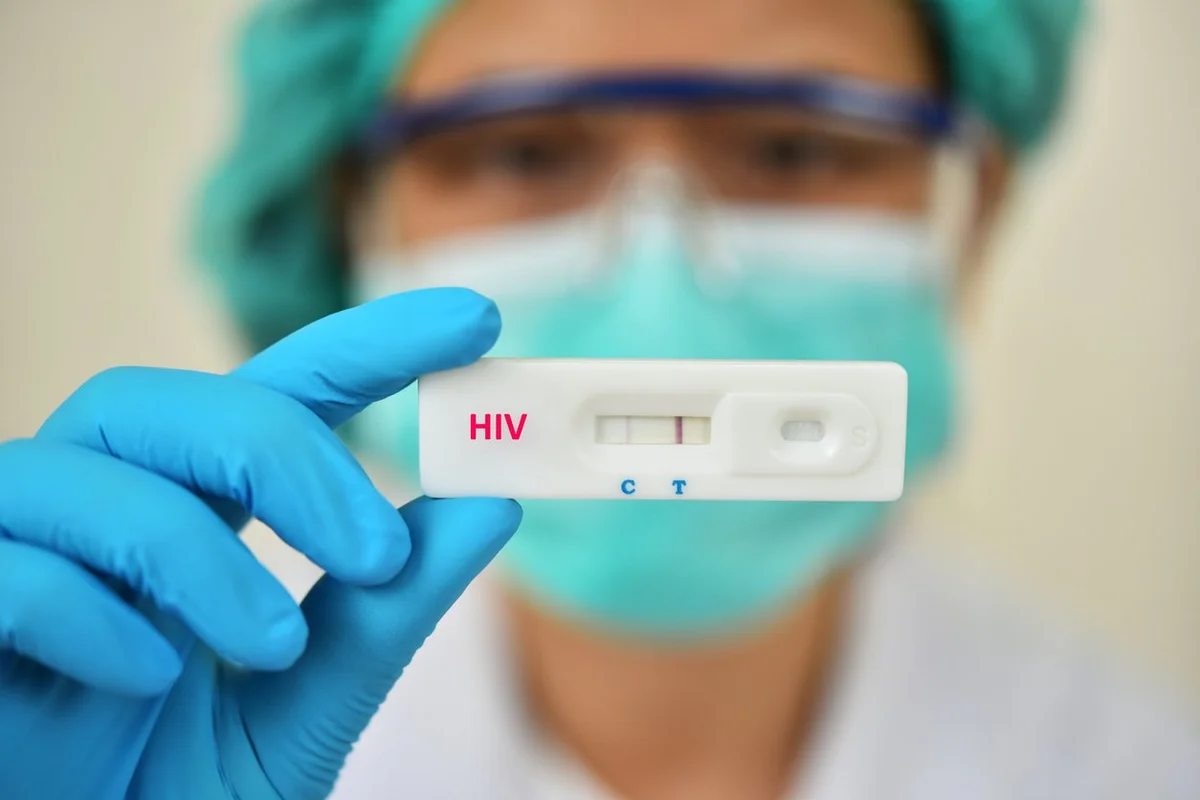

Hiv, the Human Immunodeficiency Virus, Is a Virus That Attacks the Body's Immune System. Over Time, Hiv Can Weaken This System to the Point Where It Can't Fight Off Other Infections, Leading to Aids (Acquired Immune Deficiency Syndrome). While There’s Currently No Cure for Hiv, Early Detection and Treatment Can Significantly Improve Quality of Life and Lifespan.
Knowing Your Hiv Status Is Crucial for Several Reasons:Peace of Mind: Uncertainty About Your Hiv Status Can Be Stressful. Knowing Your Status Can Help Alleviate Anxiety.Early Treatment: If You're Diagnosed with Hiv Early, You Can Start Treatment Sooner.
This Can Help Prevent the Virus from Progressing to Aids and Improve Your Overall Health.Protecting Your Partners: Knowing Your Status Allows You to Make Informed Decisions About Sexual and Other Activities That Could Transmit Hiv.Accessing Care: People Living with Hiv Have Access to Essential Medical Care, Support Services, and Medications to Manage the Virus.
There Are Several Types of Hiv Tests Available: Rapid Hiv Tests: These Tests Provide Results in Minutes and Can Be Performed at Home or in a Healthcare Setting. Antibody Tests: These Tests Detect Antibodies Produced by the Body in Response to Hiv Infection. Antigen/antibody Tests: These Tests Detect Both Hiv Antibodies and Antigens (Parts of the Virus) in the Blood.Nucleic Acid Tests (Nat): These Tests Directly Detect Hiv Genetic Material, Allowing for Earlier Detection Than Antibody Tests.
Anyone Who Is Sexually Active Should Consider Getting Tested for Hiv Regularly. Other Groups at Higher Risk Include: People Who Share Needles or Syringes to Inject Drugs People Who Have Been Diagnosed with Another Sexually Transmitted Infection (Sti) Pregnant Women Newborn Babies Born to Hiv-Positive Mothers
Hiv Testing Is a Confidential and Essential Part of Overall Health Care. It’s Important to Remember That Hiv Is Not Transmitted Through Casual Contact. Stigma Surrounding Hiv Can Prevent People from Getting Tested, Which Can Lead to Delayed Diagnoses and Increased Transmission.
Getting Tested for Hiv Is a Simple and Important Step in Protecting Your Health and the Health of Others. by Knowing Your Status, You Can Take Control of Your Sexual Health and Live a Long, Healthy Life. If You're Unsure About Your Hiv Status, Talk to Your Healthcare Provider About Getting Tested.